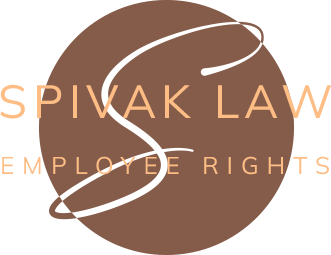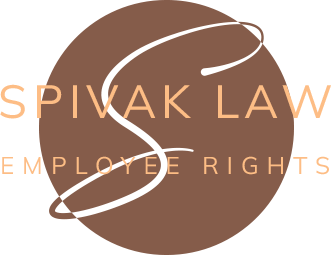Saudi Princess Goes To Jail For Violating Rights Of Domestic Workers
In view of Princess Alayban's alleged violations of international laws against slavery and human trafficking, it wouldn't be a stretch of the imagination to suspect that she failed to comply with California wage laws, too. Those laws were recently discussed by a California appellate court that considered the rights of certain workers who live at their place of work. In Tim Mendiola v. CPS Security Solutions, Inc., a security company required its guard employees to spend the night at their assigned jobsites in trailers provided by the company. It also required them to remain "on call" during these nighttime periods to investigate alarms and other suspicious circumstances and to prevent vandalism and theft. However, the employer only compensated the guards for the time they spent actively conducting investigations. The court concluded that this was not good enough. It ruled that the employer must compensate the trailer guards for the nighttime hours spent on the jobsites during the week. The court further held that the employer can only deduct eight hours of sleep time from wages when it required the guards to work 24 hour shifts on the weekends.
Princes Alayban's workers apparently had passports, but it is important to remember that even undocumented workers have rights to wages for work they have performed. The US Fair Labor Standards Act protects undocumented workers. While another law, the US Immigration Reform and Control Act, prohibits hiring such workers, the FLSA still ensures their right to certain minimum wages for their work. Under California law, such workers are entitled to all protections, rights, and remedies available under state law and there are limitations on even inquiring about a worker's immigration status should she bring her wage claims to court.
California's Wage Order 15 spells out the rights of domestic employees. It covers "all services related to the care of persons or maintenance of a private household or its premises by an employee of a private householder. Said occupations shall include but not be limited to the following: butlers, chauffeurs, companions, cooks, day workers, gardeners, graduate nurses, grooms, house cleaners, housekeepers, maids, practical nurses, tutors, valets, and other similar occupations." For such employees who live at the residence where they are employed, the employer must generally afford them at least 12 consecutive hours free of duty during each workday of 24 hours. An employer must pay time and one half the employees regular rate of pay for all hours worked during the 12 consecutive duty free hours. The Wage Order prohibits an employer from forcing a live in employee to work more than five days in any one workweek without a day off of not less than 24 consecutive hours except in emergencies. Otherwise, the employer must pay time and one half for such additional work. Time worked in excess of nine hours on the sixth and seventh workdays shall be compensated at double the employee’s regular rate of pay.
Let's just hope that Princess Alayban's domestic workers find a good lawyer to enforce these and other laws against her and obtain just compensation for their hardship.

